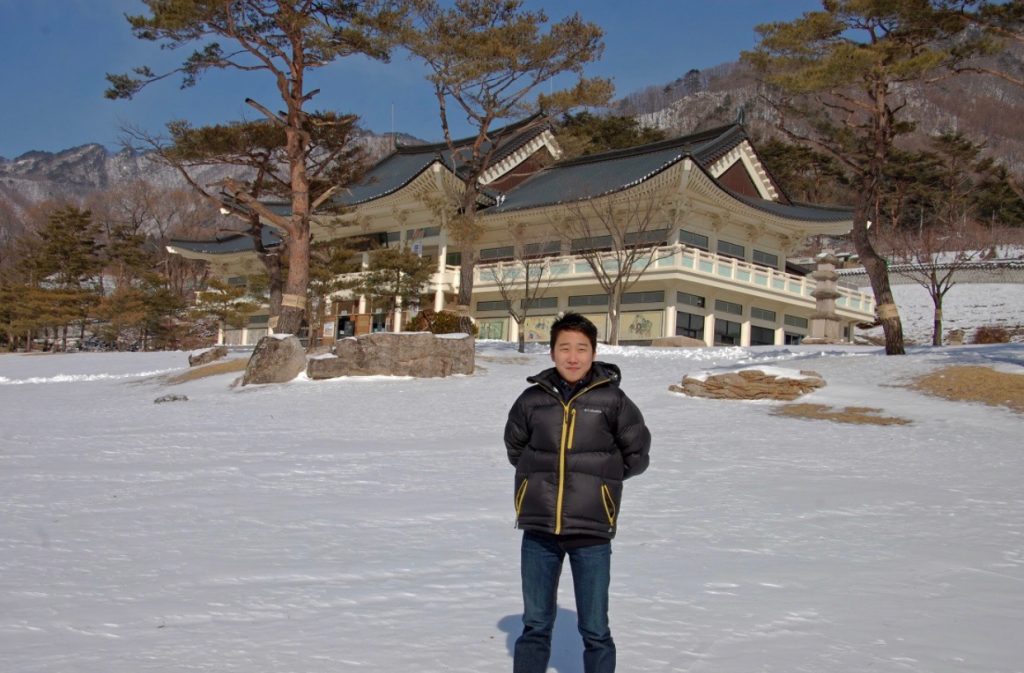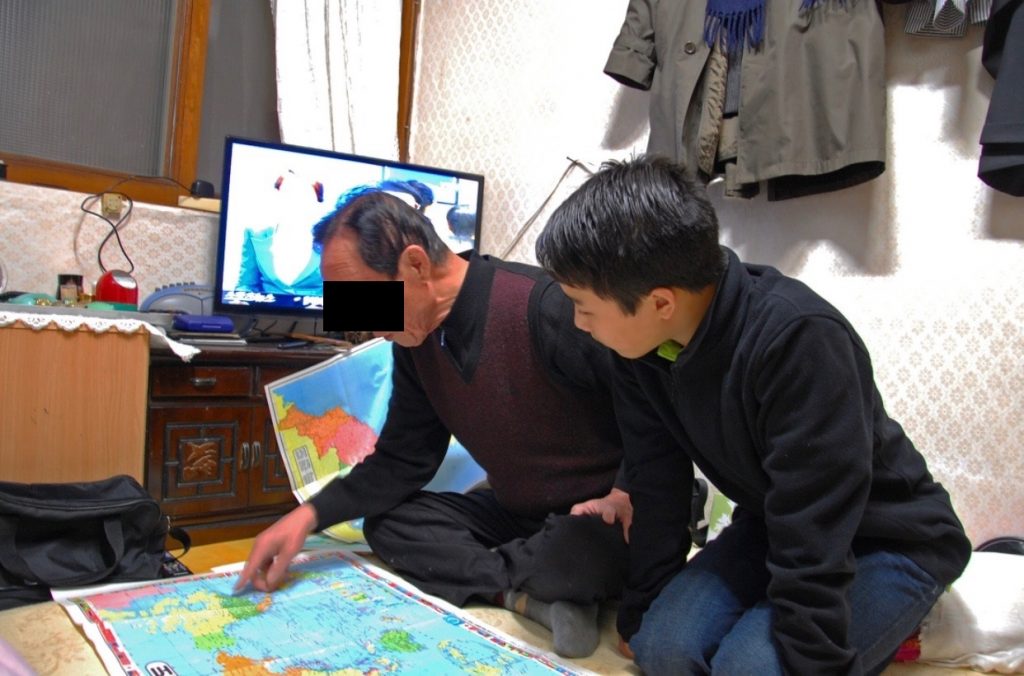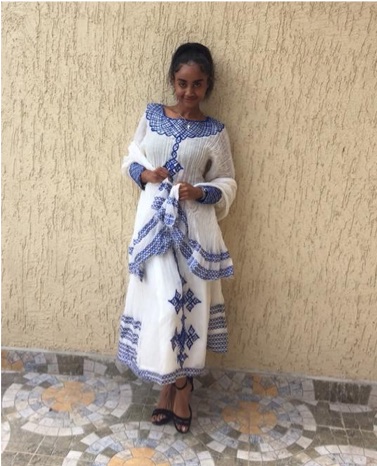“So, you think it is ok for your daughter to play with my daughter?” to which Ada’s mother responded “yes, why not?” (31:23)

Working while black: Racism at John Deere and other stories ,
Wednesday July 27, 2011, https://www.dailykos.com/stories/2011/7/27/999355/-, March 11, 2019, All Rights reserved.
This is a story about the reality of the world we live in today. It is a story about the power of a difference in a person’s life. It is the story of a young woman’s racial struggles from childhood; a young woman by the name Adanna Okorocha.
“Mum! I am going to be late for school!” the little Ada shouted. Ada – the name everyone called her – was a young girl of 11 years. She attended Maple Grove Middle School, which was one of the best private schools in Maple Grove, Alabama- the little town she lived in with her family. Born into a Nigerian family, in the United States, Ada had been different all her life. Not only is she a minority in the US, there has always been a disparity between her and other people of color, solely because of her ethnicity.
“Do you have your lunch money with you?”, asked her mother, frantically moving about, making sure her daughter was perfect for school. It was her second week of school, and she didn’t want her daughter looking like she wasn’t well taken care of. She had come to understand that being black in this country came with a lot of stereotypes, even if they did not necessarily apply to you. “Yes mum. And I have my right pair of socks and already combed my hair”. Ada answered knowing fully well what her mum was going to ask next. “Good. Be safe in school baby girl, and make sure you don’t let anyone pick on you for no reason whatsoever. You have your teachers in school to always turn to if you need any help. Ok?” she asked as she straightened out Ada’s collar. “Yes mummy! Love you! Bye!” Ada shouted as she ran towards the school bus waiting outside her house. The driver was cheerful today. He had just received his paycheck and his wife had made his favorite meal for breakfast. He didn’t mind waiting a little for this little black kid…he didn’t mind at all. There was something different about her. She wasn’t like the other African American kids he had come across in all his years of bus driving. “Good morning, Mr. Michaels!” They did not greet him the way she did. “Good morning! How are you?” he said giving her a warm smile. “I am good! How are you?” “I am good as well” he said smiling as she found her way to the back of the bus looking for a space to sit. She had to go through the usual routine of looking for space in the bus. She would find a seat, but no one wanted her to sit next to them, and that’s how her ride to school was, sitting at the back of the bus, alone every day.
Maple Grove Middle School was a predominantly white school. The top-level classes where normally filled with only Caucasians. This was a normal trend in Maple Grove. The few African Americans at this school were stuck together, not interacting with the rest of the school. At least that’s how it was supposed to be. Ada was an exception in this school. She had just come into the school and, in less than two weeks, was already in the advanced classes. The teachers were amazed at how a black girl could keep up in a class like that. “Good morning, Ada, how are you doing today?” said Ada’s English teacher. “I am doing good, Miss Ann” said Ada as she continued to her class. “How are your parents?” asked Miss Ann. Ada had gotten used to this routine of greeting. She had always sensed that her teachers thought that, because she was black, she would have issues in her family. This was a stereotype to the black people. Her family was doing fine. Her parents had been married for ten years now and had never had a significant fight. “They are doing well, Miss Ann” Ada responded as she always did. She finally got to her class and as usual moved to her seat on the right side of the class, alone, and isolated from the rest of the class. It wasn’t a new thing to her. In fact, she has been used to this treatment right from elementary school. It wasn’t the same in her other classes. The other classes she took – which had more black people in them – treated her like any other student. Why was this an exception? She had taken some math placement tests and was placed in eight grade math class while she was in the sixth grade.
“Did you understand that Ada?” asked her math teacher. “Yes, Miss Jane” Ada couldn’t understand why the teachers acted this way to her. On one hand, it was like they cared; on the other, they were just waiting for her downfall. She couldn’t tell which was happening at any moment in time. There were times when she would walk down the hallway, on her way to the cafeteria, and just as she would pass by her teachers, she would overhear them say things like “I can’t believe she is keeping up in this class” or “She is actually quite smart for a black girl”. What they did not understand was that, being smart is not a function of your skin color. Yes, she was smart, there was no doubting that. However, so were the other kids in her class, but no one made a big deal about it. Why did they think she was different? That was when it struck her. She had been in a similar situation before. She had not given it much thought until now. Her first encounter with racism happened when she was much younger.
Ada had just returned from school and as it was her routine, she dropped her bag, finished her homework and got ready to go to the playground in front of her apartment complex. Her mum, who already knew this routine, came out from her room and walked behind her little girl. The playground was not far at all. In fact, it was in their compound. But still, she was not going to take her chances with this neighborhood. No, not where black people are discriminated against. Her husband was a doctor and she had her degree in Computer science. They had just started this family and had managed to provide for their two children on a daily basis. Their first born, Ada, was a smart child and could take care of herself. But with their new born , Nonso, they had to work extra hard. Ada’s father was the only good physicians in this little town they lived in, but because he was black, everyone would rather drive for miles to the nearest health center. There had been instances when their family would go shopping at their neighborhood store and end up buying nothing because of irrational racist actions from the employees and other customers. No, there was no way she was letting her baby girl go out on her own. They had just reached the playground when they saw this little girl sitting by herself on the swing. She was white. She looked sad and six-year old Ada asked her mum if she could go play with her. “Sure, you can. Just don’t hurt yourself”. Ada joyfully ran up to the girl and asked her name. Cindy and Ada played and played until the sun went down. Her mum was so proud. She had raised a good child. They played that way every day after school, on the weekends, in the evenings just when the sun was about leaving the sky. Every time Ada crossed the gate to the playground, her friend would come right behind her. They lived in the same apartment complex but why had she never seen her friends’ parents come with her to the playground? Not even her mother. At least her own mother came and watched over the two children. She believed that was ok. This daily affair went on between these two friends until one day that Ada’s friend came down to the playground with her mother. Ada was excited because she loved meeting people, but her mum was uneasy even though she had been taking care of this person’s daughter for some time now. Cindy’s mother looked into the playground and asked her daughter who these people were. “Oh, that is my friend Ada and her mum. We play here everyday” said the innocent girl. Cindy’s mother let go of her child’s hand, walked up to Ada’s mother and asked, “So you think it is ok for your daughter to play with my daughter?” Ada’s mother responded “yes, why not?”, “Well I just thought maybe you would want to meet her parents first, you know? We are trying to raise her well and we don’t want anything to, you know, influence that in a negative way”, “What do you mean?!” Ada’s mother would not have it. This white lady had just called her daughter a bad influence. All Ada could hear from the other end of the playground was shouting and disagreement. She did not understand what was going on. She just wanted to play with her friend. The argument went on until Cindy’s mum grabbed her daughter by the hand and stormed off the playground. And so, the two little friends did not play that day.
The next day, Ada went to the playground in the evening as usual but as she neared the gate, her friend, Cindy, was stepping out of the playground. “Hey! Are you leaving?” Ada asked innocently. “Yeah. My mum said I shouldn’t play with you anymore. She said you people had no respect,”. What Cindy had just said would infuriate someone else in a similar situation, but not Ada. She did not feel bad at all. In fact, she thought it was a normal thing. “Oh ok, makes sense. Bye Cindy!” she said as she waved cheerfully to Cindy heading back to her apartment. They were not meant to be friends anyway. She was black and her friend was white. Her parents had already told her all these stereotypes about how white people treated black people. This was the same situation with Cindy and her mother. Both sides had told bad things to their children about the other. Little did they know that they were sowing disparity into the lives of these young ones. Now they would grow and pass this same seed to their children, and on and on till we finally break this chain.
This was many years ago. It all made sense to her now. What had been done to her back when she was little was still going on in her middle school. She started thinking of ways to reduce this racial treatment. She noticed that the white kids dressed in a certain way. They wore the latest shoes, clothes which she thought were “white brands,”(26:57). Whatever it took she had to change herself to fit in. She bugged her parents, saying she needed new clothes and shoes. Her request was met, but what she got were off brands. Nonetheless, she would finally fit in. But to her dismay, the very same people she tried so hard to become, laughed at her. This had happened before in history when the Nazi’s occupied Europe. The Nazis murdered the Jews simply because they hated them for their difference. Even when they seemed to give the Jews options they went back on their word and killed them anyway. Although this scenario is not as extreme, Ada never again was going to try and fit in.

African young woman taking off a mask of a caucasian woman- Image,
Royalty-free stock photo ID: 102504455 , https://www.shutterstock.com/image-photo/african-young-woman-taking-off-mask-102504455?src=w-bhd7g14pFly3J0o0DJ5A-1-0, March 3, 2019. All rights reserved.
This one experience of her being ridiculed for trying to change, changed her mind set, and how she lives her life today. Yes, she had a lot to prove to others to break the stereotype used against her, she wasn’t going to let anyone bring her so low as to change who she was. . Although, Ada and I share the same ethnicity, we differ in terms of citizenship status, and hence our experiences with racism are completely different. Nonetheless, just as Ada had found this new hope in herself, so must we all in our struggle for acceptance. For we are who we are for us, not for “them”.


















